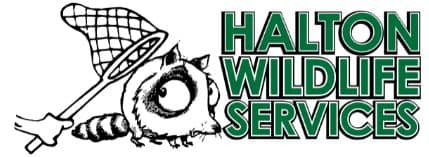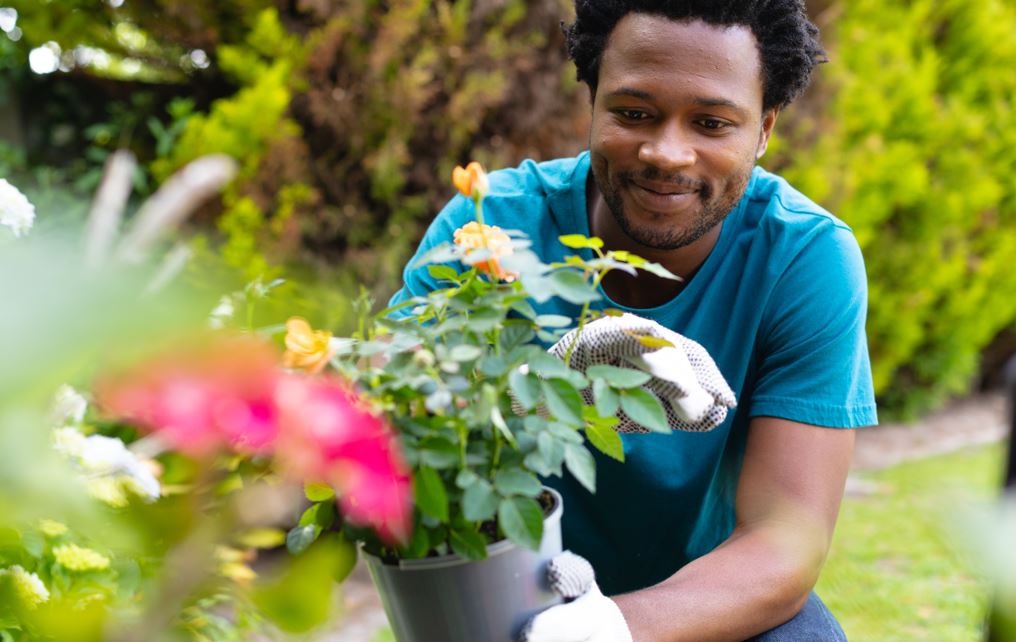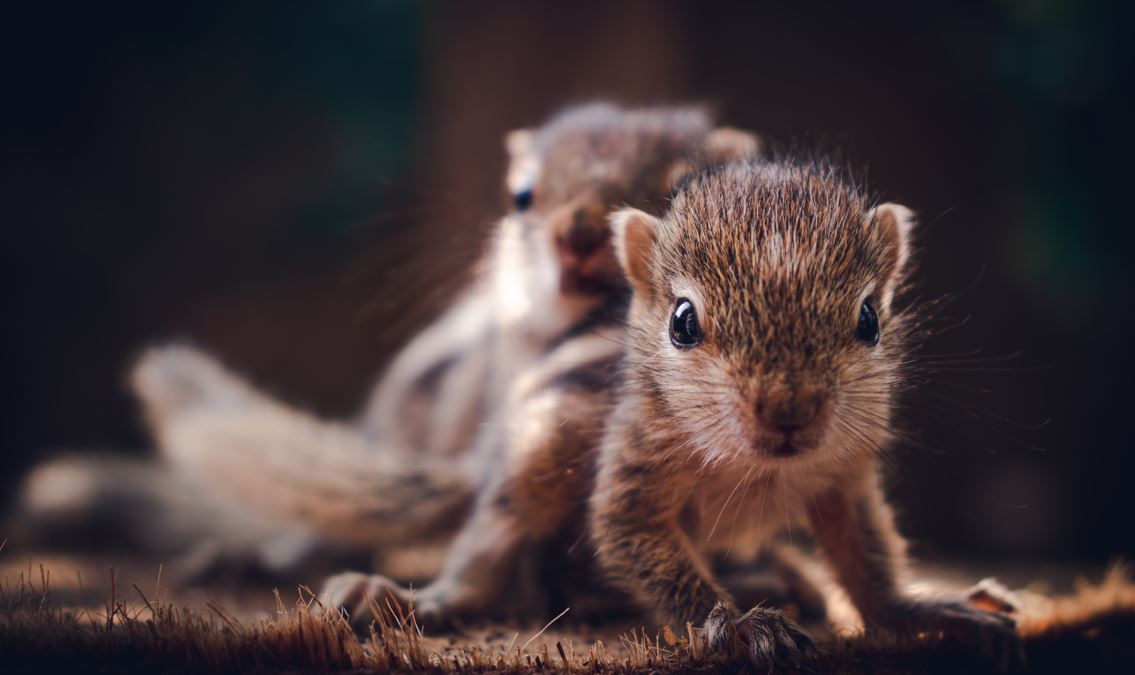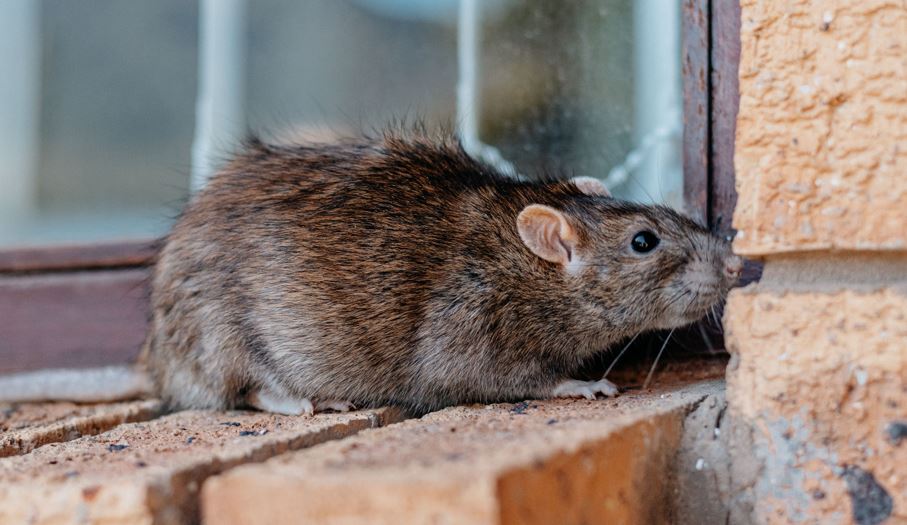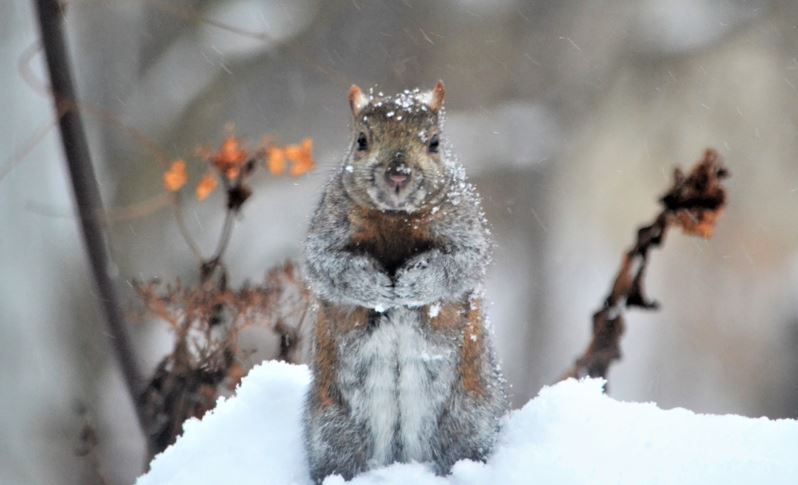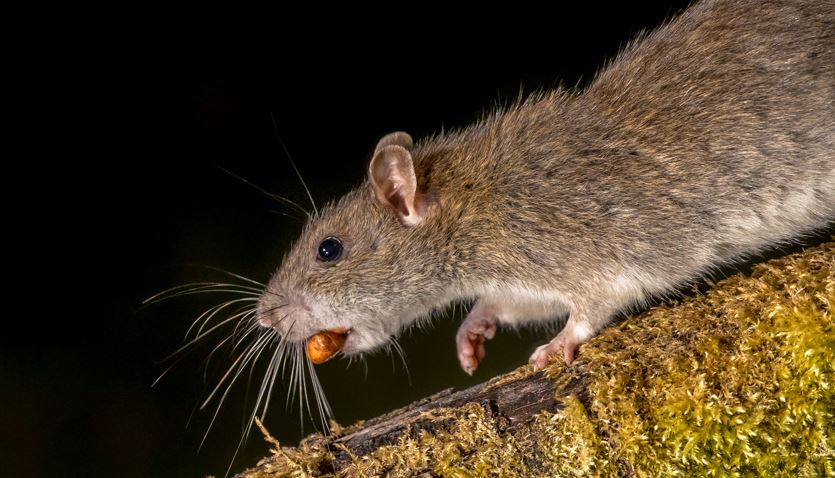When adding potted plants to your backyard garden there are a number of hazards to be aware of. From soil conditions to weather patterns, space available to end goals, there are many things to think about. However, one of the biggest issues you may encounter is actually of the furry variety! Raccoons can be quite a nuisance for many reasons, especially when it comes to your nicely potted plants. Luckily once you understand what draws raccoons to your potted plants, they can be pretty easy to manage.
Why raccoons dig up potted plants
The core motivation for a raccoon to do anything is to find themselves food. Digging up your potted plants is no different! The soil that your plants are potted in is full of tasty food options for raccoons, and its scent draws them in quite quickly. Potting soil often contains ingredients that come from fish, which will quickly tempt raccoons looking for food. Outdoor potted plants are also often home to a variety of insects, snails, grubs and small amphibians, which are all great sources of food for them. These pests all have a unique scent that attracts raccoons, so it’s no surprise that they will be enticed to dig up your pots!
Raccoons can create quite a problem
While a raccoon digging around in your potted plants can lead to quite a mess, this isn’t the biggest problem you may encounter when they come around. Allowing raccoons to dig in your potted plants can actually encourage them to spend more time in your yard, which can be dangerous for both humans and pets. Raccoons carry a number of serious diseases which can transfer to humans and pets through both direct and indirect contact with them or their excrement.
In addition to the health concerns that a raccoon may introduce, they can create a fair amount of chaos in your yard or home if they are given the opportunity. Raccoons are very destructive critters and cause a number of hazards if they are able to break into your attic in order to create a den for their babies. From torn out insulation to holes in your siding or roof, a raccoon isn’t gentle about forcing their way into a safe space.
How to manage raccoons
The good news is that raccoons can be fairly easily thwarted in the quest for your potted plants. Often removing food sources and installing barriers is enough to keep them out of your pots. When a raccoon realizes there is very little payoff to being in your yard, they are much less likely to return the next night. There are several steps you can take to help discourage raccoons from exploring in your yard and digging up your potted plants including:
- Install wire mesh fencing around your pots
- Secure or remove food sources such as your compost bin, garbage can, fallen fruit, pet food and bird feed
- Install wire mesh covers on entry points like under decks or sheds, into crawlspaces and over vents
Prevention is the best way
The easiest way to keep raccoons from digging up your potted plants is to make your whole yard feel less desirable to them. Once a raccoon has found a good source of food or shelter it can be even more difficult to get them out of your space, so staying one step ahead of them will help accomplish your goal. If you notice signs that a raccoon has been playing in your pots overnight, take a look around your yard to ensure that you’ve removed any items that would draw them in. In some more extreme cases, you may find it easier to contact a pest removal company for advice or support in removing a raccoon from your yard.
